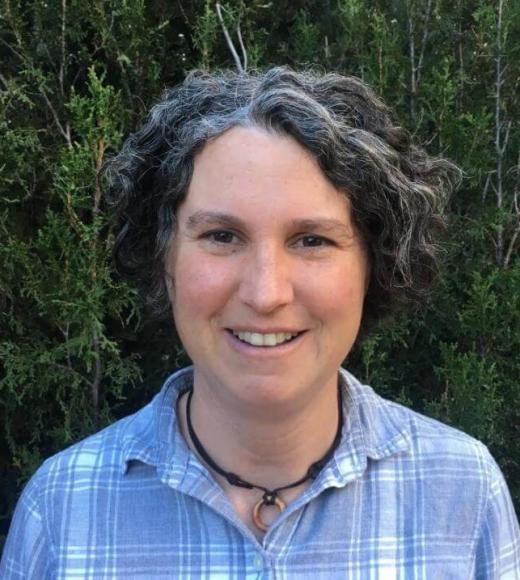Event Date
Event Overview
There are currently hundreds of billions of dollars invested by industry in electric vehicle (EV) production across America. The viability of ensuring a market for these investments depends on having a robust, accessible, and reliable charging network, which encompasses infrastructure at home, at work, and in public spaces. In this research briefing, experts from the National Center for Sustainable Transportation (NCST) provided updates on the current state of the EV market and charging ecosystem. Insights were shared on opportunities and challenges within the public EV charging network, as well as how charging needs differ based on region (urban/rural) and how federal policy solutions can help address these challenges in the near- and long-term.
Featured Speakers

Dr. Gil Tal, Director of the EV Research Center and Sustainable Transportation Energy Pathways Program at the Institute of Transportation Studies at the University of California, Davis (ITS-Davis), will provide an overview and status of the current EV market and charging ecosystem. Dr. Tal focuses his research on electric vehicle policy, travel behavior, and EV supply chain dynamics. His expertise encompasses various segments of the electric vehicle market, including light duty, heavy duty, and transit sectors and studying the impact of incentives and infrastructure in the global electric vehicle market. Looking forward, Dr. Tal’s research delves into the electrification of emerging mobility services and the integration of electric vehicles and automated vehicles in developed economies and the global south, with a keen focus on their significant impacts on the electric grid.

Dr. Vaishnavi Karanam, Postdoctoral Researcher at the EV Research Center at ITS-Davis, will share insights on public and consumer charger experience and the impact of reliability on the market. Dr. Karanam is a postdoctoral researcher specializing in sustainable transportation with a focus on EVs. Her background includes a PhD in Transportation Technology and Policy and an M.S. and B.S. in Computer Science. Using data-driven approaches to better understand EV driving and charging behaviors, her research aims to combine advanced machine learning techniques with transportation insights to help accelerate the adoption of sustainable mobility solutions.

Dr. Dana Rowangould, Assistant Professor in the Department of Civil and Environmental Engineering at the University of Vermont, will discuss rural electric vehicle use and opportunities for addressing at-home charging barriers and costs. Drawing from the fields of engineering, economics, and the social sciences, Dr. Rowangould’s research includes rural travel behavior, transportation equity and justice, transportation and land use planning, energy use and air quality, and multi-modal transportation. Her work is motivated by a desire to improve transportation systems so they better serve people, particularly those whose ability to travel is constrained by their individual needs and transportation options.
